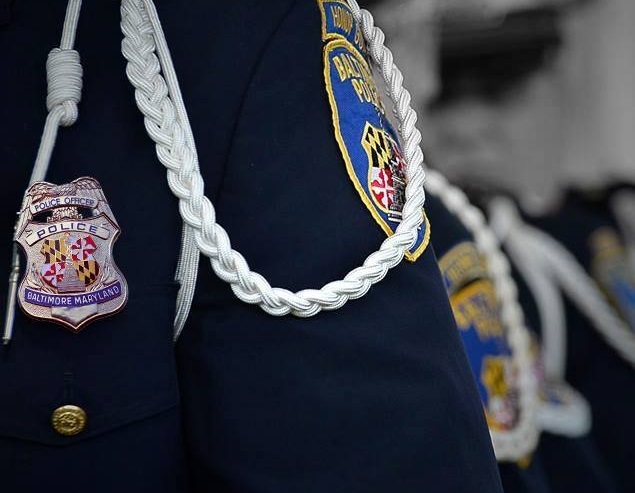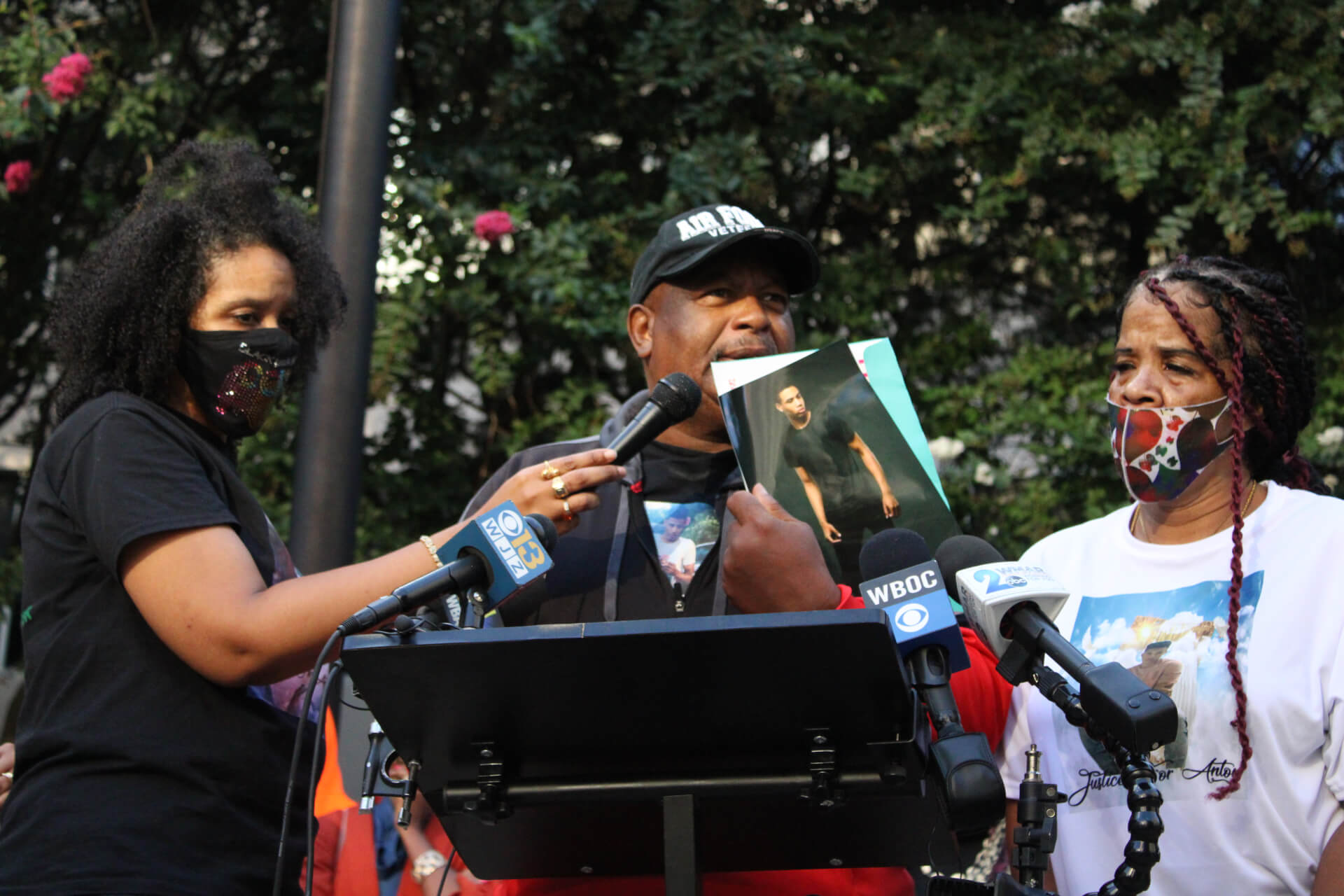
The Baltimore community has organized and unified in support of implementing the reforms necessary to improve the Baltimore Police Department.
We are determined to realize justice and create a relationship of trust between police and our community. Passing House Bill 278, which would finally give Baltimore residents control of our police department, is one crucial step toward justice and toward trust between Baltimore residents and the BPD.
To be effective, law enforcement agencies must have the confidence and support of those they serve. In Baltimore City, we know that police-community relations have been damaged for a long time. The residents of Baltimore do not have a mechanism to provide meaningful oversight for the department. Many of the challenges BPD must overcome stem directly from a lack of accountability and the fact that the community has no means to procure it.
This absence of oversight is a dangerous contributor to the current distrust, and that distrust leads to police ineffectiveness. Residents are less likely to report crime to law enforcement and are unwilling to help in the investigation of crimes, which ensures a dangerous, self-fulfilling cycle of violence.
Our communities need a viable and equitable avenue to advance appropriate policy changes. One of the roadblocks to creating real, lasting change is the fact that, in law, the Baltimore Police Department is an agency of the state of Maryland, not of the city of Baltimore. The Baltimore City government is the only locality in Maryland that does not have the authority to make policy changes pertaining to its own police department. This critical problem was highlighted by the Community Oversight Task Force established under the Department of Justice Consent Decree, which recommended that BPD become a city agency because some of the necessary police reforms fell outside of the city’s current jurisdictional scope.
Thankfully, a bill is gaining momentum in the General Assembly that would give the residents of Baltimore City the same control over our police force that every other local jurisdiction in the state of Maryland enjoys. House Bill 278 would repeal our police department’s nominal status as a state agency, which currently prevents the Baltimore City Council (and thus us, the residents of Baltimore) from exercising any legislative control over the department.
In 1860, a corruption scandal led to state control of the BPD. The next year, state control was temporarily interrupted when the federal government took over BPD to intervene in a riot attacking Union troops during the Civil War. Scandals from more than a century ago have denied Baltimore residents control of our police department for more than 150 years. Now, other scandals have come to light. The BPD has a pattern of violating the constitutional rights of black and brown residents. The corrupt Gun Trace Task Force wrongfully arrested many hundreds of residents, who now have permanent criminal records. The department has rampant overtime abuse while police retention rates decline. Without better oversight, more scandals are foreseeable.
The fight for justice requires that we no longer be bound by the short-sighted distrust of the past. We must change course by demanding the same level of local accountability as every other jurisdiction in our state and every city of our size in the nation. Why should Baltimore residents have to wait for the state legislature – which is removed from our challenges and only meets for 90 days out of the year – to make decisions on issues that directly affect us year-round?
HB 278 would allow for critical oversight of Baltimore police at a time of radical change within the department. The Department of Justice Consent Decree is supposed to ensure increased civilian oversight. HB 278 would make the police department accountable to the residents of Baltimore through the city council and the mayor, and would help realize another goal of the consent decree – to implement community policing. This can provide a strong foundation for structural change to policing in our city.
The time is now to seize on this opportunity for positive change. HB 278 enjoys support from the mayor, Baltimore City Council, the city solicitor, and the full House of Delegates (which passed the bill unanimously). Our new police commissioner, Michael Harrison, who purports to value civilian oversight of police, community policing models and reform of the department, also supports local control.
Let’s seize this pivotal moment to make change for our city and build representative power for those communities that are being policed by a department paid for by their own tax dollars. Let’s pass HB 278.
–DANA VICKERS SHELLEY, LYDIA WALTHER-RODRIGUEZ AND DANIEL COTZIN BURG
The writers are, respectively, the executive director of the ACLU of Maryland, lead organizer for Baltimore CASA, and the rabbi at Beth Am Synagogue and leader at Jews United for Justice.
Did someone forward this to you?
Get your own daily morning news roundup in your inbox. Free. Sign up here.




 Creative Commons Attribution
Creative Commons Attribution